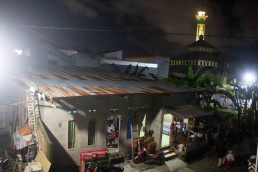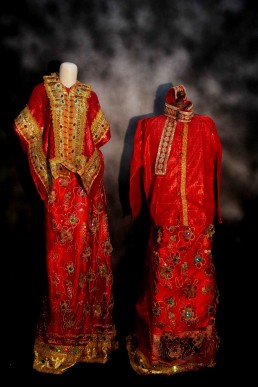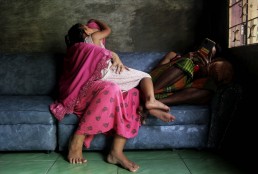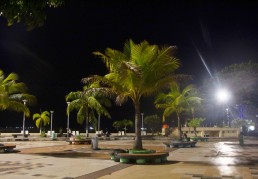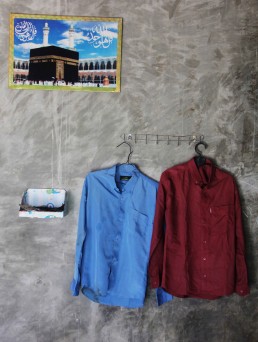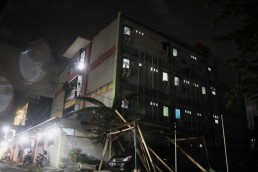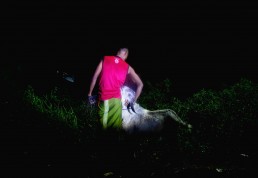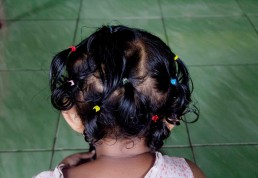The Boat of Hope for an Asylum Seeker
The Boat of Hope for an Asylum Seeker
Andri Saputra, Harian Rakyat Sulsel – Makassar
AJ, a Rohingya man (28), never imagined that he would be a refugee. Following an Islamic-Buddhist religious conflict in his home country Myanmar, he decided to find asylum in another country. In 2013, he hopped on a boat to Malaysia.
According to AJ, there were 128 people on the boat, including five women and children. “We sailed for nine days, trying to stay alive by eating whatever we could find.”
Bad weather halted their journey. Their boat was rocked by the high tide in the middle of the sea before it was stranded in the North Aceh waters, part of Indonesian territory. They were saved by local fishermen and were given food, change of clothes, and emergency tents.
AJ was detained by the immigration police for three days before he was moved to the Banda Aceh Immigration Detention Home (Rudenim) for three months, then Tanjung Pinang Rudenim for two years. After two location changes, AJ was flown to Makassar, South Sulawesi, and was placed in a temporary shelter.
For 10 years in Makassar, AJ’s life was in limbo without any official citizenship. He was hoping to get some clear information so that he could lead a normal life and do what other citizens do, including having a job and driving a vehicle.
But his course of life changed dramatically when he met YZ (35), a local woman, at Losari Beach Platform. They admitted to experiencing love at first sight. After three months of courtship, they got married in a religious ceremony on Thursday, 18 February 2016.
“Before we decided to get married, I told her parents everything they needed to know about my condition. That I am a Rohingya asylum seeker, and I would be responsible to marry their daughter according to my capacity,” AJ said.
“When AJ and I got married at Pondok Pelangi, we wore the Buginese wedding attire, and used the Myanmar wedding symbols of betel leaves, betel nuts, and chalks that represent family union and a sign of acceptance into a Rohingya family,” YZ said.
AJ and YZ have built a life together for five years, and lived with their first daughter AK (5). They stay at YZ’s parents’ house in Jalan Toddopuli. With some help from his in-laws, AJ works as a goat farmer.
But until today, their marriage is not recognized by the state. Shortly after their wedding, AJ was detained for five days by the immigration officer because of his status as an illegal immigrant by Indonesian law. AJ still has not given up hope to get some sort of certainty from UNHCR and IOM. He hopes that they can facilitate him to get Indonesian citizenship and a permanent residence in Australia, an asylum country. With that, AJ hopes to legally provide for his family.


